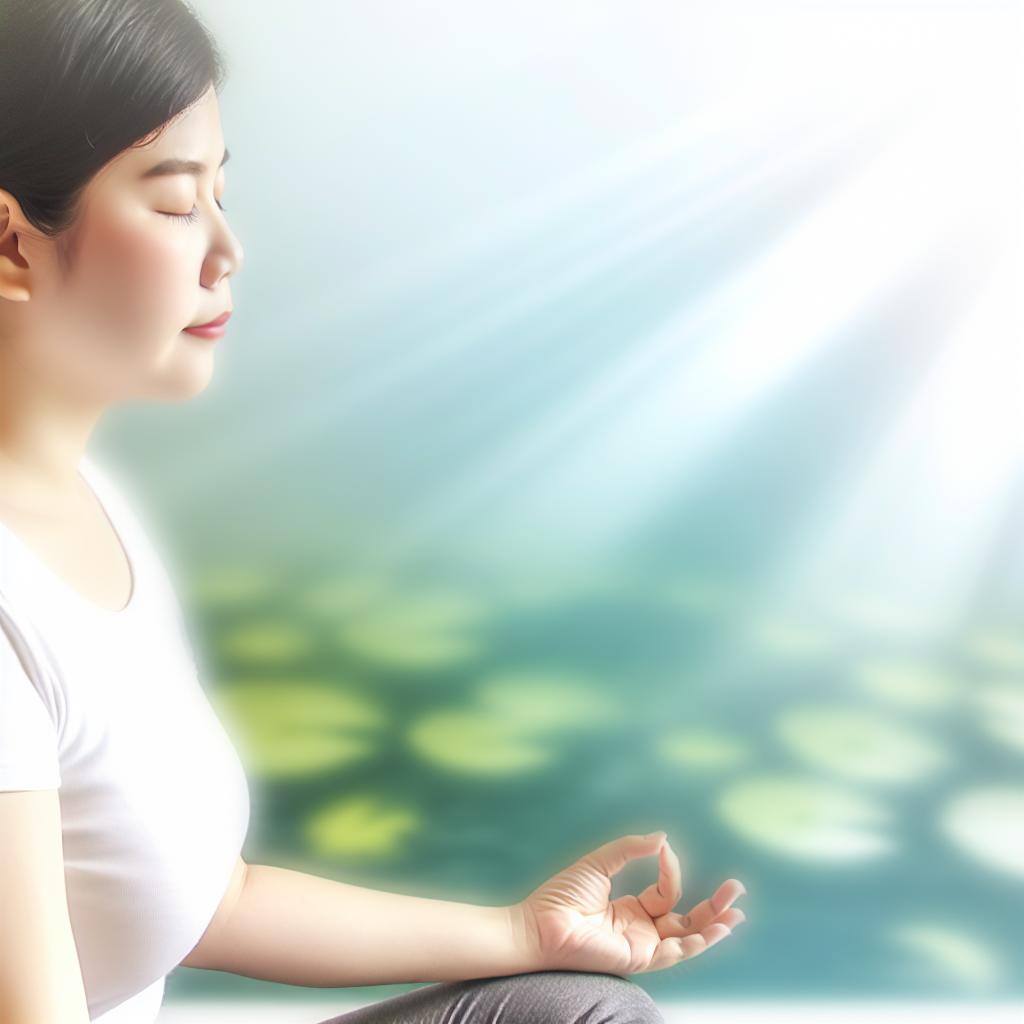Exploring the Basics of Meditation
Embarking on the journey of meditation begins with understanding its core principles. Meditation is a practice where an individual uses a technique – such as mindfulness, or focusing the mind on a particular object, thought, or activity – to achieve a mentally clear and emotionally calm state. At its essence, meditation involves training the mind to redirect thoughts, which can help to enhance self-awareness and promote a sense of peace and relaxation.
The foundational elements of meditation include finding a comfortable position, focusing on your breath, and bringing your mind's attention to the present without drifting into concerns about the past or future. It's a simple practice accessible to all, which can reduce stress, increase calmness and clarity, and promote happiness. Learning to meditate properly can offer a way to navigate life's challenges with a bit more ease.
Identifying Your Personal Meditation Style
Discovering a meditation style that resonates with you is crucial for a sustainable practice. From mindfulness meditation, which involves paying close attention to your thoughts as they pass through your mind, to mantra meditation, which has you silently repeat a calming word or phrase to prevent distracting thoughts, there's a vast array of techniques to explore. Guided meditations, visualization, and body scan meditations are also popular among beginners and seasoned practitioners alike.
Your personal meditation style may also be influenced by your lifestyle and goals. Whether you're seeking a method to relieve stress, improve sleep, or deepen your connection to your inner self, there's a meditation style to suit your needs. Experiment with different forms and notice how you feel during and after each session. Trust your intuition and let your personal preferences guide you toward a practice that feels right.
Integrating Meditation into Your Daily Routine
Making meditation a part of your daily life can enhance its benefits, but it requires a conscious commitment. Start by setting aside a specific time each day for your practice. Many people find that meditating early in the morning helps set a positive tone for the day. Others prefer a midday session to reset their mind or a nightly session to help unwind before bed.
The length of your meditation sessions can vary; what's more important is consistency. Even just a few minutes a day can be beneficial. Create a dedicated space for meditation, free from distractions, to help you focus and establish a routine. Remember that integrating meditation into your life is a practice in itself – be patient and flexible as you find the rhythm that works best for you.
Overcoming Common Meditation Challenges
It's normal to encounter obstacles in your meditation practice, such as restlessness, difficulty focusing, or impatience. These challenges don't mean you're doing it wrong – they're part of the process. When you notice your mind wandering, gently redirect your focus back to your breath or chosen point of concentration without judgment.
Other common hurdles include physical discomfort and unrealistic expectations. Ensure you're in a comfortable position before you begin, and don't be too hard on yourself if your mind seems unusually busy. Meditation is a skill that requires practice. Over time, as you meditate regularly, you'll find it easier to enter a state of tranquility and remain there for longer periods.
Deepening Your Meditation Practice for Long-Term Benefits
As you grow more comfortable with meditation, you may wish to explore deeper levels of practice. This could involve extending the length of your sessions, trying more advanced techniques like loving-kindness meditation, or participating in meditation retreats. Regularly reflecting on your experience can help you understand your progress and identify areas for improvement.
Incorporating mindfulness into your daily activities can also deepen your meditation practice. By staying present and fully engaging with the moment, whether you're eating, walking, or talking, you can cultivate a meditative state throughout the day. The long-term benefits of a consistent and deepened meditation practice include greater emotional resilience, enhanced self-awareness, and an overall sense of well-being.



.jpg)






.jpg)



0 Comments